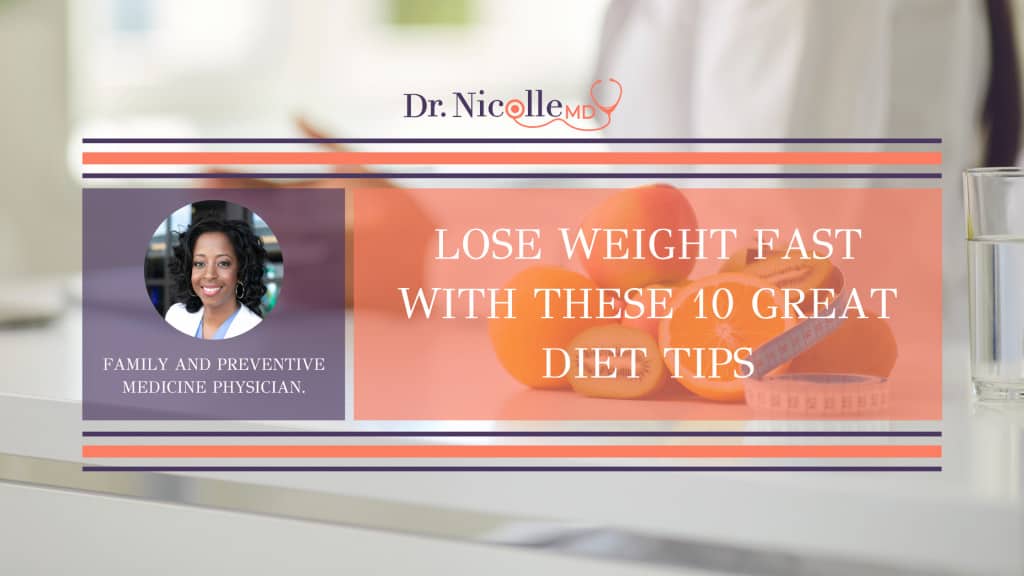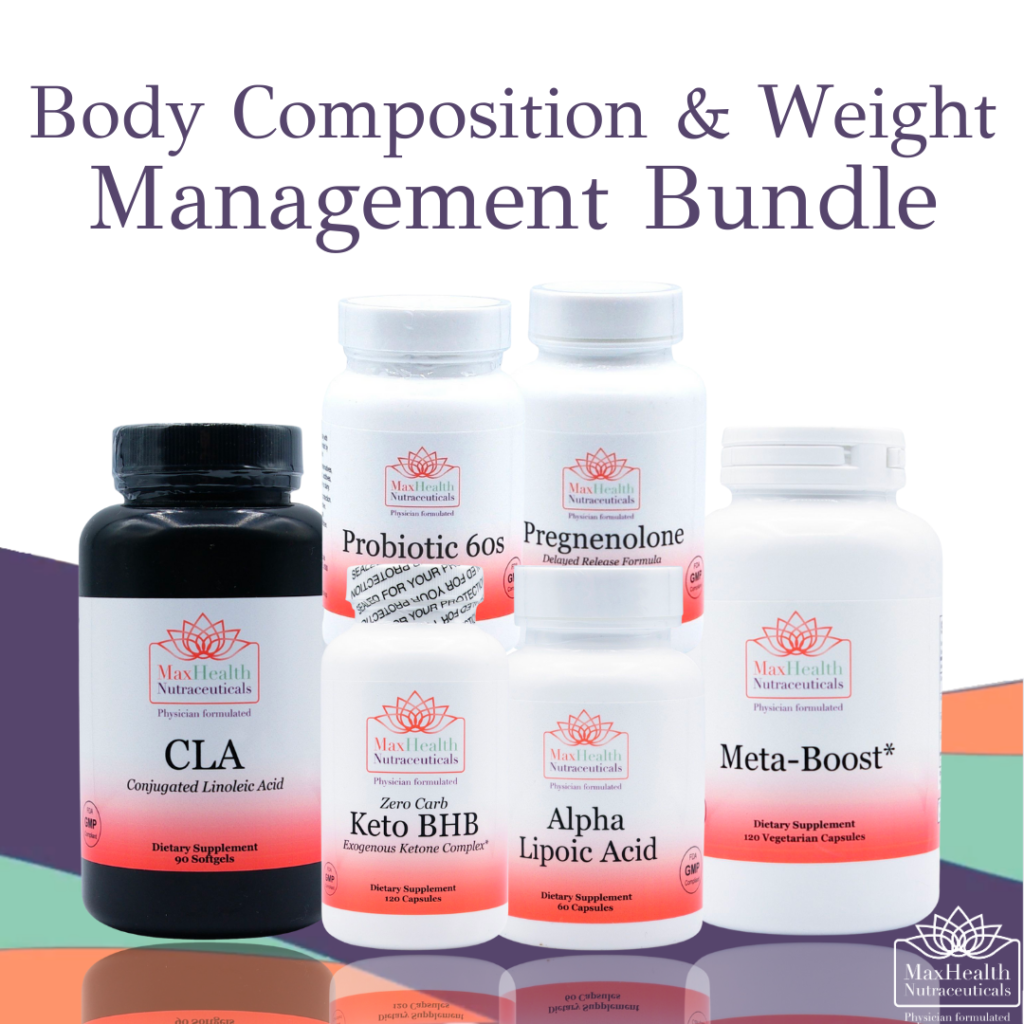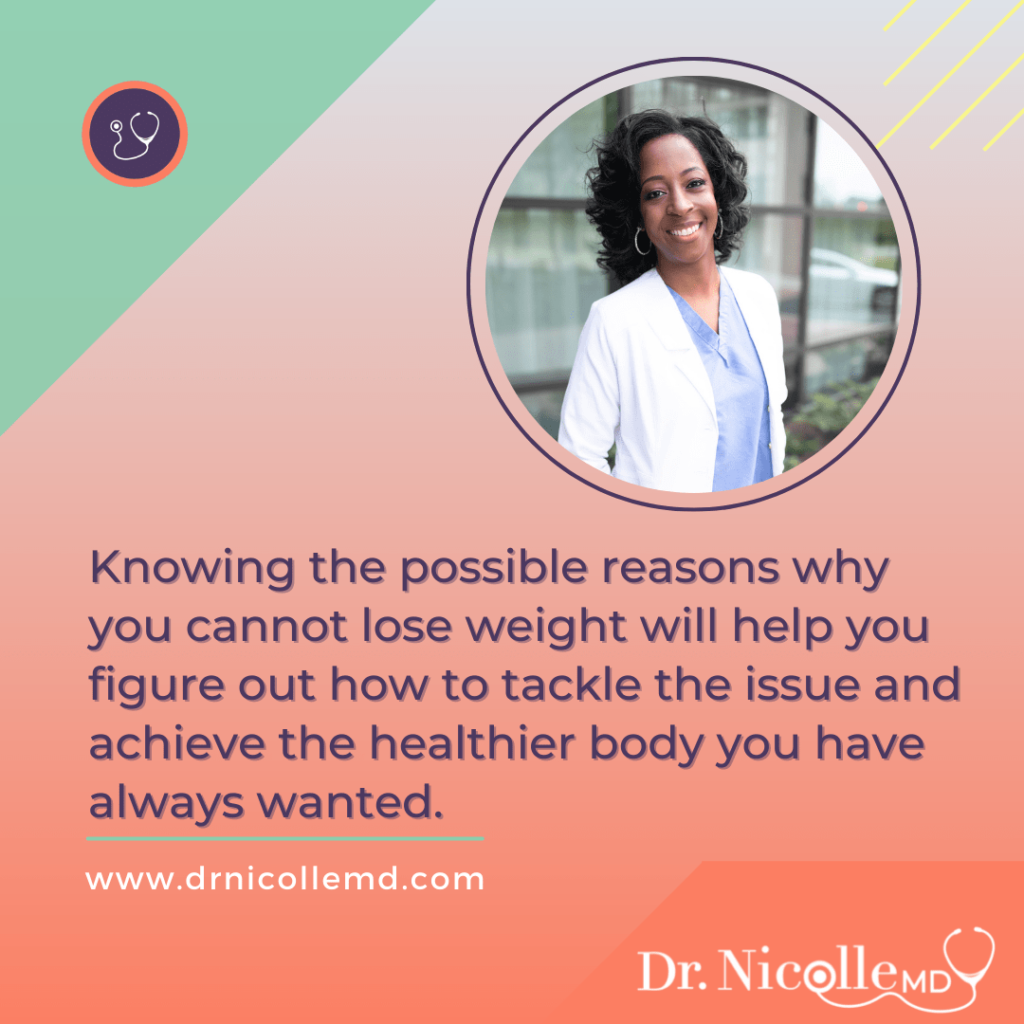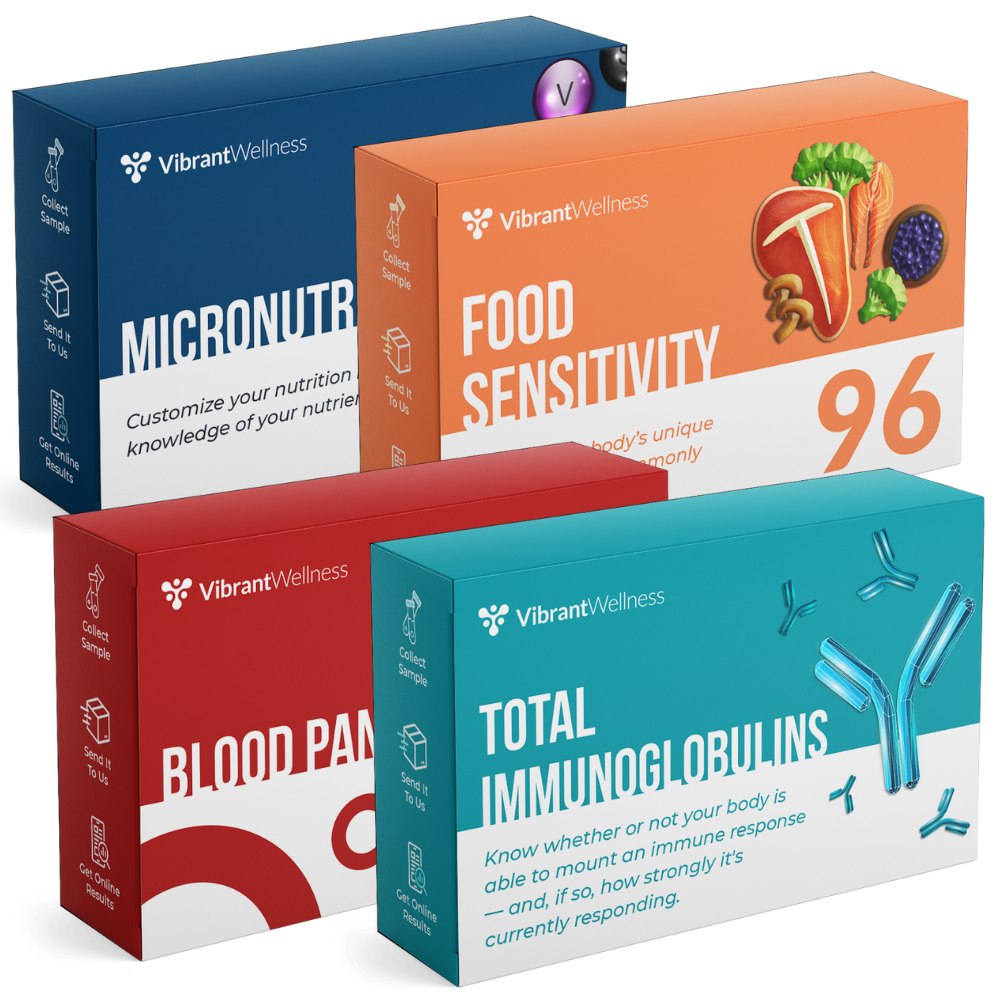

Hi! Welcome to Fit, Food, and Fun Fridays! Today we’ll talk about how to lose weight fast with 10 great diet tips! We all want to know how to lose weight fast and have great health, but how do we do it? It’s a complicated problem and no one-size-fits-all solution exists. What works for one person may not work for you, since our bodies respond differently to different foods, depending on genetics and other health factors.
Do you struggle to stick with your diet? If you are like most people, you have probably tried every diet over the years, but have failed to find the one that works for you. You’re not alone. Dieting is one of the most challenging things anyone can do. Ask any personal trainer about their biggest challenge. They will tell you that getting clients to be compliant with their diets is the hardest part

Follow these 10 tips so you can stick to your diet and lose weight:
1. Try not to drink your calories. It’s very easy to consume many of your calories through liquid consumption. Try to keep your beverages calorie-free. Water is the best choice.
2. Assume you are thirsty, not hungry. People frequently eat when they’re actually just thirsty. The next time you’re hungry, try having a tall glass of water first. Wait 15 minutes and see if you’re still hungry. You might find that you’re not.
3. Measure. Try measuring your food portions and counting all your calories for one week. It’s likely that measuring and recording will positively impact your food intact. Step on the scale to measure your weight and take body measurements to compare to later.
4. Are you really hungry? Are you actually hungry? Or may you’re just bored or stressed? Decide if you’re truly hungry. It’s possible you haven’t been hungry in years!
5. Eat slowly. It can take a while for our brains to tell our stomach we are full. If you eat too quickly, you might pass the right time to stop eating. At the end of a meal, you should always feel better than you did before you started eating. If you feel worse, you either ate too much or ate when you weren’t really hungry.

6. Continue eating your favorite foods. Keep the portions under control, but don’t be afraid to indulge in your favorite foods. Total deprivation is a recipe for disaster.
7. Play around with the number of meals. Some people find that they eat less if they have one large meal per day. Others find three small meals and three snacks work better. Experiment and see what works best for you.
8. Deal with stress without food. It’s very common to overeat when you’re stressed. Food has an amazing ability to quickly change how we feel. Read a book, listen to music, go for a walk, meditate, or call a friend. Pick an alternative that will keep you from eating.
9. Stay active. Exercise can reduce appetite and boost insulin sensitivity. You’ll eat less and feel better. With a little momentum, getting some exercise each day becomes self-rewarding. You might even grow to like it!
10. Don’t try to be perfect. You have to consistently do the wrong things to gain a significant amount of weight. Similarly, a few mistakes on your diet aren’t going to drastically affect the outcome. Hang in there and things will work out.
Dieting is challenging for most people. Food is necessary to sustain life. You can’t live without it. Adopting a new way of eating can take time and there are changes to be endured before they become your normal behavior.
These 10 tips can help you make the transition to a new way of eating. Try them on for size and watch your waistline shrink.
I would love to give you a free resource sheet to support your healthy weight loss journey. Click the button below to receive your gift.
I really wanted to talk about this topic today because the overweight and obesity epidemic is at an all-time high! We are a fat society and it’s killing us prematurely. Not only do I truly believe that you have the power to lose weight to improve your health, but the science also agrees! You can adopt healthy lifestyle practices that improve your health and enrich your life, which can in turn improve the lives of those close to you. You have the power to break the cycle of obesity so that you can leave a legacy of health to your loved ones.
I use functional medicine and lifestyle medicine as the first line of treatment, before medications, to treat lifestyle-related chronic diseases. Lifestyle-related chronic diseases include diabetes, hypertension, obesity, and some cancers, just to name a few. Lifestyle practices, such as eating a whole-food plant-based diet and regular physical activity, can help you lose weight, and maybe reverse some of your chronic diseases. In certain cases, these approaches may even outperform pharmaceutical therapy.
But I always tell my patients that conventional medications may be appropriate at this time to prevent catastrophic illness, but over time, you can work to make the necessary lifestyle changes to possibly reduce and/or eliminate medications. Please remember to always consult your physician for your particular needs and circumstances prior to making any decisions whatsoever.
Is Dietary Supplementation Right For You?
If you’re like most people, you might think that dietary supplements are a quick and easy way to lose weight. But the truth is, there’s no magic pill when it comes to weight loss. Supplements can help you lose weight by providing your body with the nutrients it needs to function properly, but they won’t work unless you make lifestyle changes as well.
For some people, vitamin and mineral supplements offer important health benefits. Supplements are designed to fight deficiencies found in our diet and complement the food we eat regularly. Supplements are basically “helping hands” to our daily food.
If you suspect that you aren’t getting the nutrients you need, consider shifting your focus from supplements to eating better.
But it is very important to note that we are not eating the same foods we ate years ago because the soils have been depleted of critical nutrients through current industrial farming practices. And because the soil is not as good as it used to be, the food supply (grown from the depleted soil) is not as good as it used to be. For example, you are not getting the same levels of magnesium as you would have gotten 30 or even 50 years ago.
Second, much of the food has been genetically altered, which can impact the inherent and unique nutritional composition that each food possess. For example, ancient einkorn wheat has less gluten, more protein, more Vitamin A, and more beta carotene, than modern genetically modified wheat.
Third, the toxic load in the environment today is much higher than 100 years ago. We can see this with global warming, toxic landfills, polluted oceans and waterways, etc. Toxicity levels interfere with nutrient assimilation and absorption not just into the foods, but into our bodies as well.
So… if you are unable to eat better, the supplements in my Body Composition/Weight Loss Protocol may provide the extra boost you need.
These are my favorite Weight Loss Supplements to use! This Body Composition/Weight Management Bundle will ensure you have the intake of the important vitamins, minerals, and probiotics to decrease inflammation and boost your innate wellness day and night. Taken together, it’s a solid plan for increasing your body’s natural resiliency while you lose weight, naturally.
For best results make sure you use my weight loss supplements with dietary changes including a whole food plant-based diet, regular exercise (at least 2-3x per week), regular sleep (8 hours per night), and intermittent fasting (at least 1-3x per week).
Weight Monitoring
Since weight management is very important in combatting chronic diseases, I recommend that you be mindful of your weight and its fluctuations, and that you monitor your weight AT LEAST on a weekly basis. I recommend a scale that includes a body composition monitor (*this scale cannot be used with a pacemaker or other implanted devices).
Physical Activity
Physical activity (or exercise) can improve your health and reduce the risk of developing several chronic diseases like high blood pressure, type 2 diabetes, and cancer, just to name a few. Physical activity can improve your mood, boost your immune system, and even help you maintain a healthy weight.
I often recommend yoga and resistance training for physical activity, but as you are aware, there are plenty of forms of “movement” that you can do! But for the basics, especially if you’re just getting started, yoga and resistance training are where I would start.
Yoga
Yoga can be a great way to improve your strength and flexibility, manage your stress, improve your heart health, and lose weight! I recommend using a grounded yoga mat to connect yourself with the earth and reduce inflammation.
Resistance Training
Resistance training is the mainstay for overall health. It not only has beneficial effects on reducing body fat, it also increases muscle size and strength. Check out some basic dumbbells/free weights that I recommend to everyone.
Another alternative for dumbbells/free weights are resistance bands. They are great for physical therapy, yoga, strength training, and excellent for traveling.
Still Can’t Lose Weight?
Losing weight is hard work. You’ve changed your diet, started working out, but you still can’t seem to lose the last few pounds. Have you ever thought that something else could be going on? It’s time to dig deeper and look at the root cause. It could be that your hormones are out of balance or that you have micronutrient deficiencies. Let’s take a look at why these factors may be playing a role in your weight loss journey and how to fix them.
Micronutrients Activate Genes That Regulate Hormones
Our bodies need micronutrients to look and feel their best. Micronutrients—vitamins, minerals, and other trace elements—activate genes that regulate hormones and help our bodies function properly. If those vitamins and minerals are lacking in your body, it can cause hormone imbalances which can affect a wide range of body functions including mood, metabolism, appetite, and stress levels. Hormonal imbalances can also lead to cravings for unhealthy foods or eating when you’re not actually hungry.
Blood Sugar Imbalance & Food Sensitivities
What we eat impacts our blood sugar levels; if our blood sugar isn’t balanced we may feel tired or weak throughout the day or experience food cravings later in the evening. We might also have food sensitivities—ingredients we eat all the time may suddenly become problematic for us without us even knowing it. Food sensitivities contribute to inflammation which robs our body of energy and vitality necessary to stay healthy and active.
The Vibrant Weight Loss Package
If you suspect there is more going on than just diet and exercise changes impacting your weight loss journey then The Vibrant Weight Loss Package might be right for you! This package provides insight into micronutrient deficiencies as well as hormone imbalances that could be contributing factors to why you aren’t losing weight despite making lifestyle changes. The package includes tests such as a comprehensive metabolic profile plus vitamin D level test, complete thyroid panel with TSH reflex testing, nutritional hormone panel with estrogen metabolites testing, an adrenal stress index test plus a cortisol saliva test monitor kit (for home use). With this package you will get the insight needed to start losing weight for good!
In A Nutshell…
Unbalanced hormones, micronutrient deficiencies, blood sugar imbalance and food sensitivities are all factors that could be impacting your weight loss journey if diet and exercise alone aren’t working for you. If this sounds familiar then it may be time to dig deeper into potential underlying causes by getting tested with The Vibrant Weight Loss Package! This comprehensive package will provide answers so you know exactly what needs to change in order to start seeing results from your diet & lifestyle changes once again!
Remember, living a healthy lifestyle including eating a whole foods plant-based diet, regular physical activity, and reducing stress are the best ways to maintain a healthy weight.
Dr. Nicolle Martin
Some of the links in this article are "affiliate links", a link with a special tracking code. This means if you click on an affiliate link and purchase the item, we will receive an affiliate commission.
The price of the item is the same whether it is an affiliate link or not. Regardless, we only recommend products or services we believe will add value to our readers.
By using the affiliate links, you are helping support our Website, and we genuinely appreciate your support.
Last updated on January 6th, 2022 at 04:10 pm

Minimize Medications. Maximize Health.
Are you super busy but need to take control of your health? Are you tired of being tired? Subscribe to my “Minimize Medications, Maximize Health Blog” and I’ll give you 7 Tips to Get Healthy in No Time absolutely FREE.








